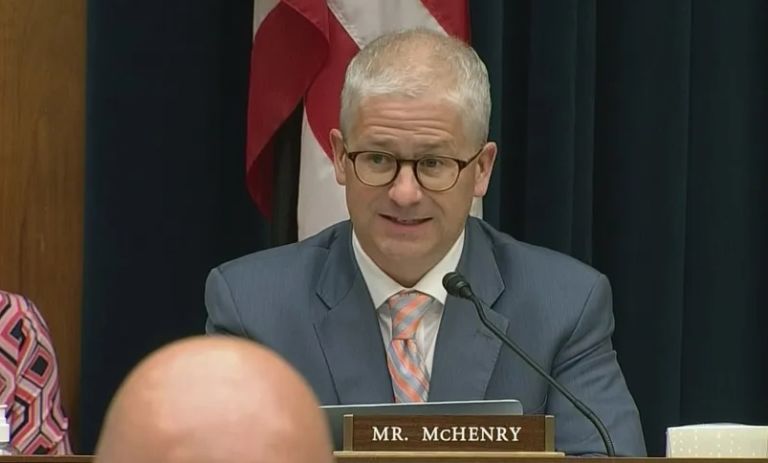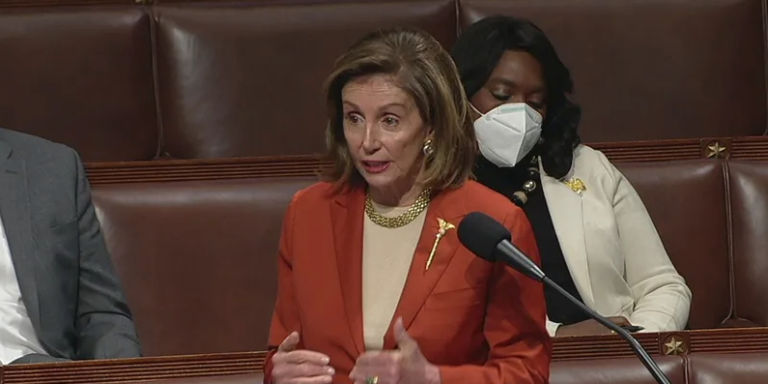Peter Wallison asks at National Review Online why Congress continues to give away its constitutional powers.
If he were alive today, James Madison would probably be most surprised and dismayed by one feature of today’s government — the willingness of Congress to cede its unique constitutional authorities to the executive branch. This both compromises and defeats the constitutional separation of powers and is therefore responsible for the vast number of federal administrative agencies, which each year make more than 3,000 rules that are binding on the American people.
Nevertheless, despite giving away large portions of its legislative authority, Congress until 2010 kept tight control of appropriations — its “power of the purse” to limit the funds that executive agencies are provided annually to carry out their work. This changed abruptly with the enactment of the Dodd-Frank Act, which created the Consumer Financial Protection Bureau (CFPB) and provided it with a unique financing mechanism that is now finally under constitutional challenge.
The CFPB, the brainchild of Senator Elizabeth Warren (D., Mass.), was created to consolidate in one agency almost all the federal government’s consumer-financial-protection authorities. To protect it from interference by the president, the agency was to be headed by a single administrator who served for a five-year term and could be removed from office only for “inefficiency, neglect of duty, or malfeasance.”
This in itself was an almost unprecedented departure from the norm. Restricting the president’s ability to remove a single administrator at will would make it impossible for him to carry out his electoral mandate as well as his constitutional responsibility to “see that the laws be faithfully implemented.” Last year, the Supreme Court ruled that the five-year term of the CFPB director was unconstitutional.
But Dodd-Frank also tried to make the CFPB financially independent of Congress, by relieving it of the need to get congressional appropriations. The agency was authorized to draw funds from the Federal Reserve System instead of going to Congress.


